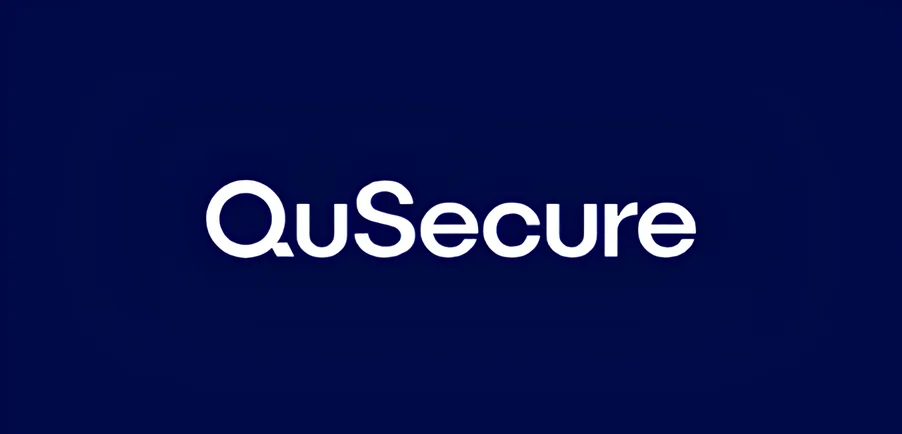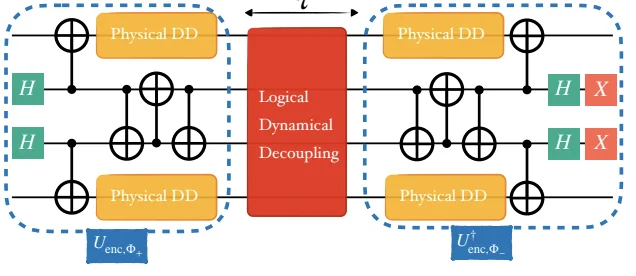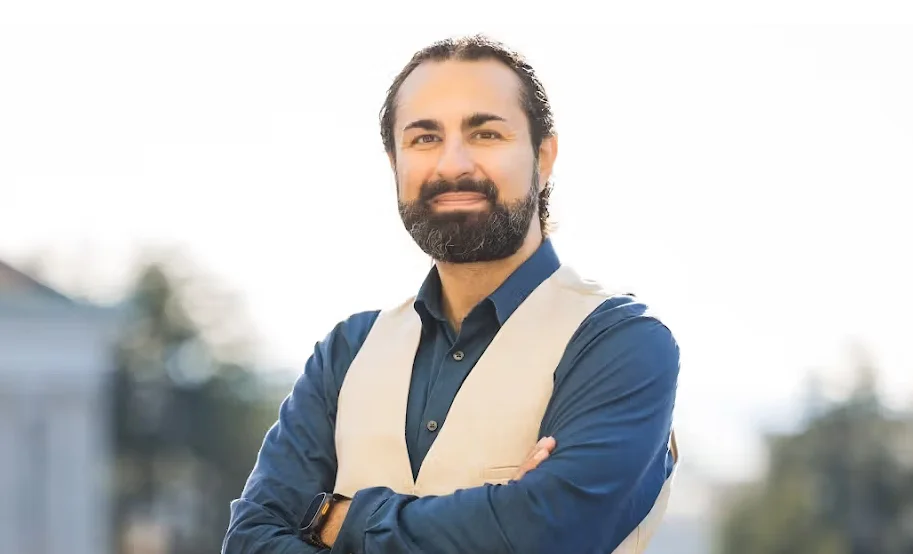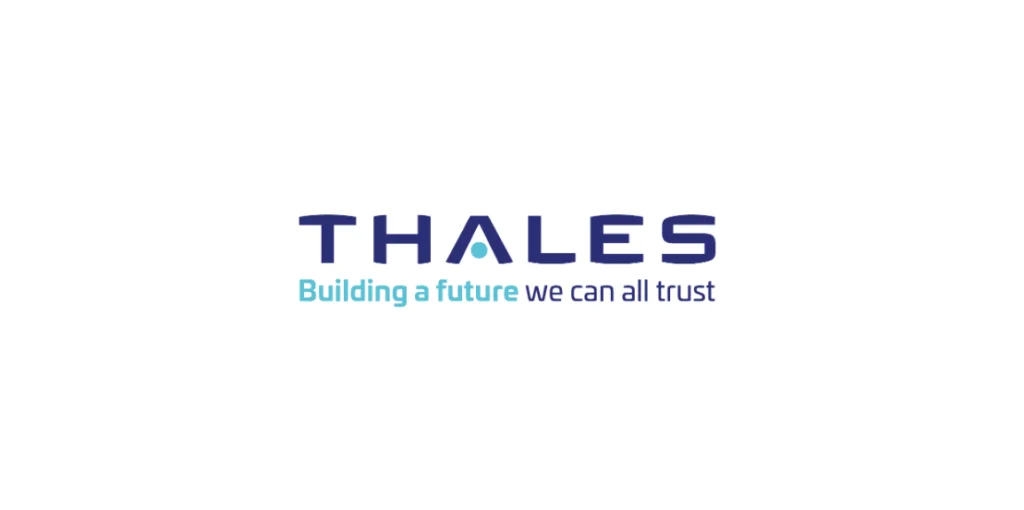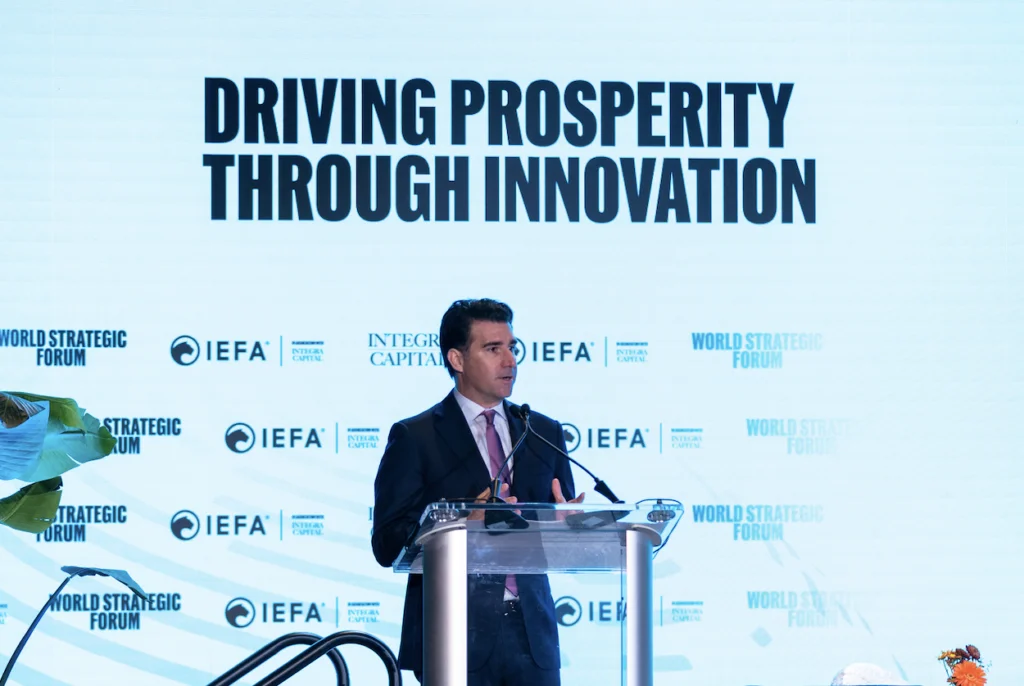Insider Brief
- The House Science Committee will hold a hearing on May 7 to assess how the National Quantum Initiative is advancing U.S. leadership in quantum technology.
- Witnesses from Google, Microsoft, PsiQuantum, and QED-C will testify on topics including commercialization, workforce development, and public-private collaboration.
- The hearing follows a proposed reauthorization bill that would extend the initiative through 2034 and allocate $2.7 billion for applied quantum research and infrastructure.
The House Committee on Science, Space and Technology will convene on May 7 to assess how federal quantum policy is shaping U.S. leadership in one of the world’s most consequential emerging technologies.
The hearing, titled From Policy to Progress: How the National Quantum Initiative Shapes U.S. Quantum Technology Leadership, comes just months after a bipartisan group of senators introduced a bill to reauthorize the National Quantum Initiative (NQI) through 2034 and expand its scope to include more federal agencies, international partnerships and workforce programs.
Lawmakers will hear testimony from industry and academic leaders, including Dr. Celia Merzbacher, Executive Director of the Quantum Economic Development Consortium (QED-C); Dr. Charina Chou, COO and Director of Google Quantum AI; Dr. Pete Shadbolt, Co-Founder and Chief Scientific Officer of PsiQuantum; and Dr. Charles Tahan, Partner at Microsoft Quantum.

A Shift Toward Practical Quantum Applications
The hearing follows the December 2024 introduction of the National Quantum Initiative Reauthorization Act, which would authorize $2.7 billion in funding from fiscal years 2025 through 2029. The legislation aims to pivot federal focus from basic research toward applied quantum technologies, while still supporting foundational science.
“Advancements in quantum science and technology are a game-changer. From healthcare breakthroughs to clean energy solutions, quantum applications in sensing, computing, and communications will reshape our future,” said Sen. Maria Cantwell (D-Wash.) in a previous statement on the legislation. “The National Quantum Initiative Reauthorization Act strengthens America’s competitive edge through critical R&D investments. By fostering public-private collaboration, we will accelerate quantum innovation, create high-skilled jobs, and pioneer discoveries that benefit generations to come.”
Among other changes, the bill proposes the creation of new quantum testbeds, research centers, and education hubs at the National Institute of Standards and Technology (NIST) and the National Science Foundation (NSF), as well as expanded roles for NASA, the State Department, and the National Institutes of Health.
It also includes a directive to the White House Office of Science and Technology Policy to coordinate an international quantum strategy and orders the Commerce Department to produce a quantum supply chain resilience plan.
Industry: Time to Push Beyond the “Valley of Death”
Current conversations are focused on using the initiative to provide a lifeline for quantum startups. For many quantum companies, the reauthorization could offer a lifeline at a critical time. The so-called “valley of death” — the gap between early-stage research and marketable technology — has proved particularly steep in quantum computing, where commercial products remain elusive despite decades of scientific progress.
“Investing in quantum research is crucial to maintain America’s status as the leader in cutting-edge technology. I’m proud to support this bipartisan legislation, which will increase our national security and bolster our economy, both in Montana and across the nation,” said Sen. Steve Daines (R-Mont.) said in the previous release.
Political Momentum Builds Ahead of 2029 Deadline
The original National Quantum Initiative was signed into law in 2018 and set to expire in 2029. But authorizations for some federal R&D activities already lapsed in 2023, prompting renewed urgency among lawmakers and industry stakeholders.
The upcoming hearing is expected to examine how well current policies are enabling real-world progress in quantum computing, sensing, and communication. Among the witnesses, Google’s Dr. Charina Chou brings insights from a company that famously claimed “quantum supremacy” in 2019 and continues to invest in scaling superconducting quantum processors.
PsiQuantum’s Dr. Pete Shadbolt represents a firm pursuing a different approach — photonic quantum computing — believing it to be the most viable path toward error-corrected, large-scale systems. Microsoft’s Dr. Tahan, who previously led quantum coordination at the White House Office of Science and Technology Policy, will likely address the need for robust public-private partnerships and hardware-software co-design.
Dr. Celia Merzbacher, who leads the Quantum Economic Development Consortium, is expected to highlight the importance of industry coordination, workforce development, and accelerating commercialization to ensure sustained U.S. leadership in quantum technology.
Testimony is also expected to touch on workforce shortages and education challenges, particularly in quantum engineering and technician-level roles. The bill would establish a national coordination hub to help address these gaps.








